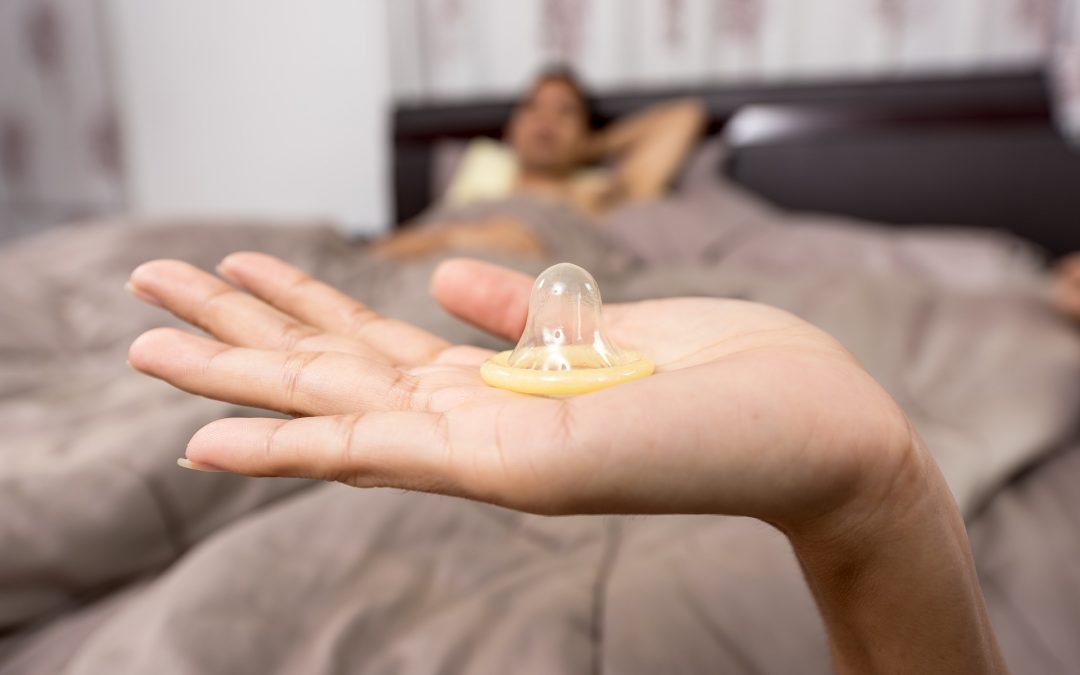The most ideal situation would be to lose our virginity to the love of our life. Unfortunately, this rarely happens. Of course, that does not mean you need to sleep with anyone for the first time, since you will never forget the first sex, it is an event that is remembered for a lifetime, as well as the person with whom it happened.
That is why it is most important that you make that decision for the right reasons. Sleep with someone because you want to, not because you feel pressure from a friend or maybe your boyfriend is persuading you to. People who lose their virginity for the wrong reasons often later regret what they have done. You are in no hurry, think carefully about such an important decision before you make it.
It is very important that you are sober when having sex for the first time, and not under the influence of alcohol or drugs. Research has shown that most young people (both girls and boys) regret losing their virginity while intoxicated and so be careful not to make the same mistake. In any case, it is important to prepare well, both mentally and physically, so that unwanted consequences such as a minor pregnancy or sexually transmitted diseases do not occur later. And yes, you can get pregnant during the first sexual intercourse.
For the first sex, it is best to choose a suitable place, where you will feel safe and relaxed, and where no one can just come across you. Therefore, for example a party in a house with a free room is not a good idea.
In girls, hymen defloration (so-called “breaking”) occurs during the first sexual intercourse. The hymen is a thin layer of tissue (one to three millimetres thick) located at the entrance to the vagina. It partially covers the opening of the vagina and is part of the female vulva. The hymen can come in a variety of shapes, e.g., in the shape of a crescent, tooth, flap, but is most often ring-shaped. The edges of the hymen are smooth or wrinkled. It is common for most girls to experience minor bleeding and pain during their first sex (i.e. defloration), but on the other hand, this bleeding and pain does not have to happen at all. This does not happen only because in some cases the hymen has ‘torn’ previously, but because it is sometimes so elastic that it does not ‘tear’ or ‘tears’ only partially. This can happen when the first sexual intercourse takes place gradually, for example, when the boy uses his fingers first and only later switches to the ‘real intercourse’.
If you start to bleed, it will not be profuse. Any bleeding you may experience is nowhere near what you experience during menstruation. Tearing the hymen should not be very painful. Even if you feel pain, it is because this feeling of penetration is a novelty that you are not used to, so your muscles have tightened. This is in no way caused by the hymen because there are no nerve endings in it. Although you cannot control how torn your hymen is, you can control your relaxation, which will then reduce your feeling of discomfort or pain.
One of the more common causes of pain during the first sexual intercourse is the fear of pain, but also the subconscious fear of possible pregnancy, which causes unconscious spasm of the vaginal muscles and then makes penetration difficult or impossible. Your boyfriend needs to allow you to relax with a lot of patience and attention, but that still takes a bit of time.
Talk a lot with your boyfriend about everything. The first sex with a person you trust will also make the whole thing easier for you. Your boyfriend should take your feelings into account, he should do his best to keep that experience in your good memory and help you through the process. If he is persuading you too much or you have a feeling that he is forcing you – maybe it is time to think about whether he is the right person to be your first.
And yes, of course you will be nervous for the first time, but do not panic.
Relax, breathe, go slowly, and remind yourself that it is normal to be a little nervous.





